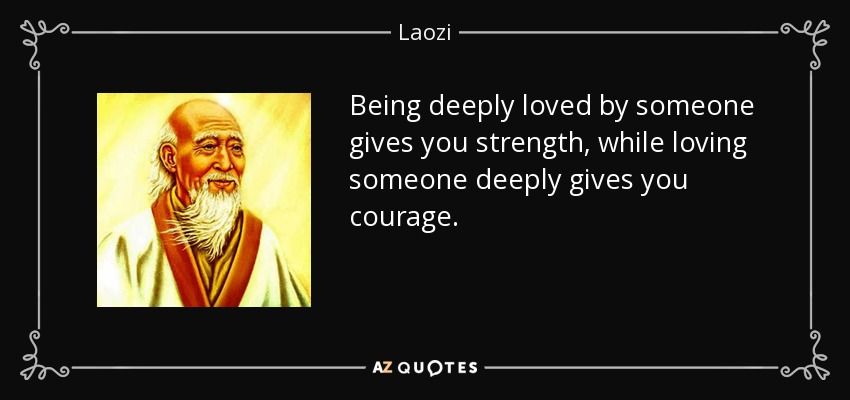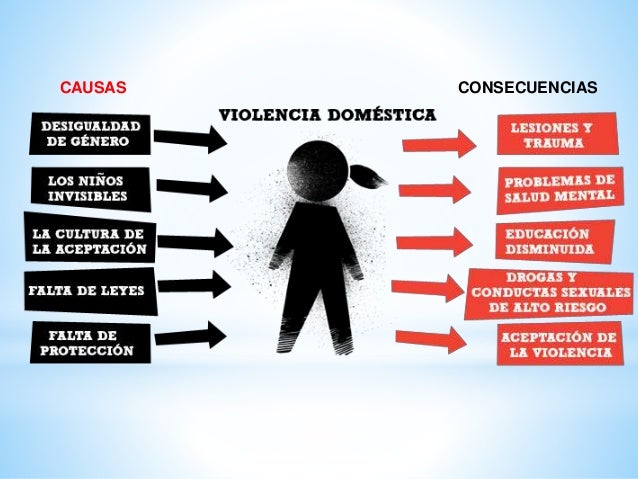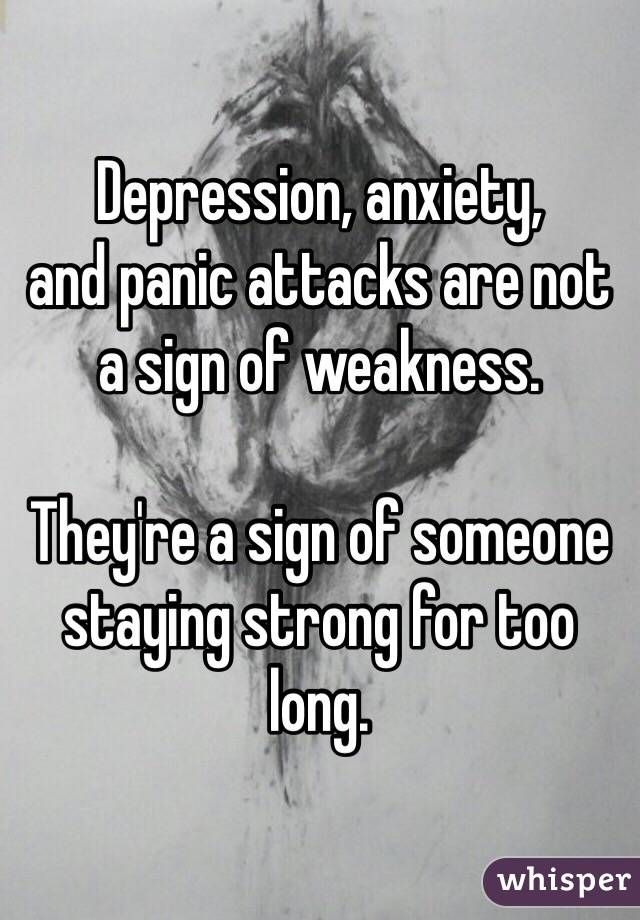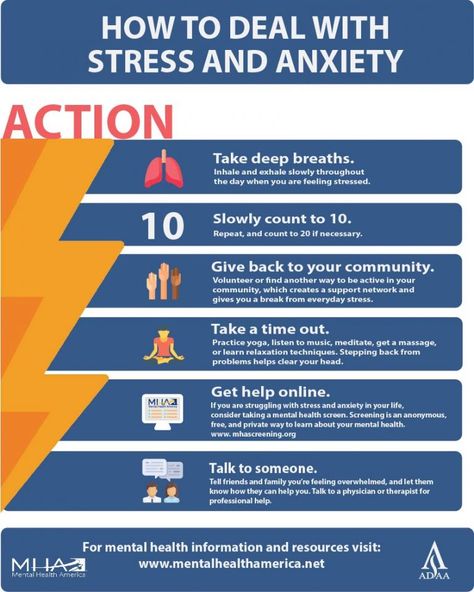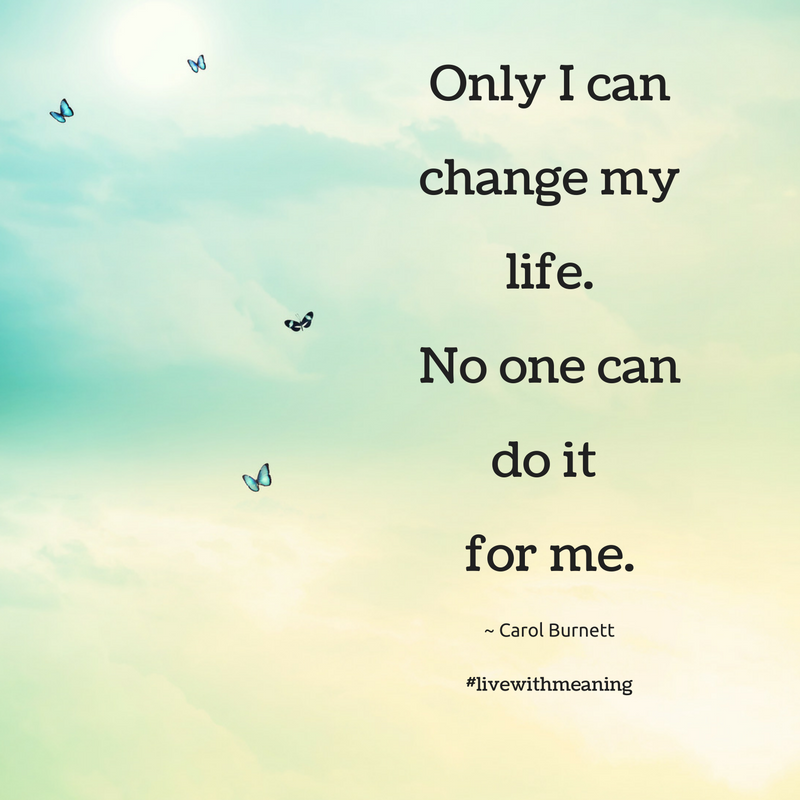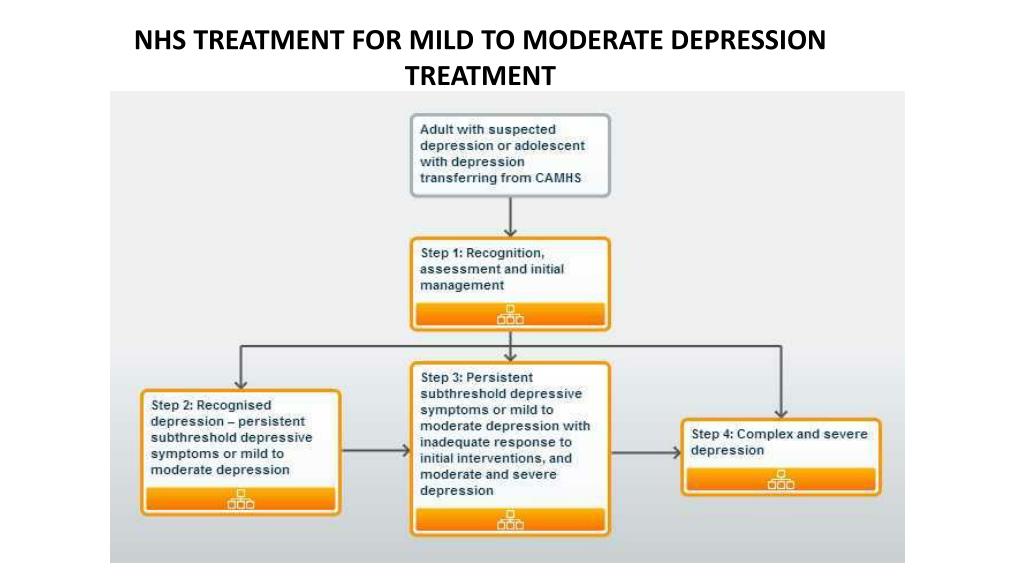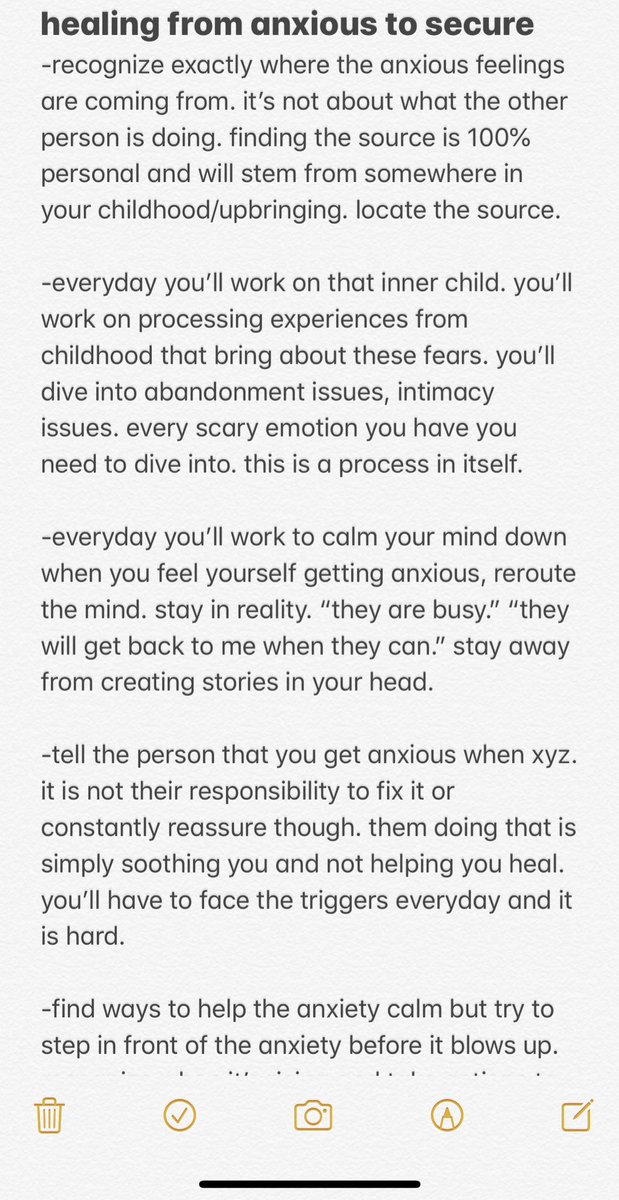Someone who seeks pity
The Best Way to Deal With Sympathy Seekers
0 Shares
- More
Have you ever known anyone who is always looking for sympathy? A person who is always telling you their problems, but never seem to do anything about it?
Several years ago, a friend and I were struggling to help another friend. This friend had recently come back into both our lives after many years. From the very beginning, we heard complaints about every aspect of their life.
My friend and I wanted to help this person, but each time we tried, they would refuse to make the situation better and would get mad at us. It took a while before we finally understood what was happening. This person didn’t want help; they only wanted sympathy. They were creating their drama so that others would feel sorry for them. Because we were empathizing and not sympathizing, they would get mad at us.
What’s the difference?The definition of sympathy is feelings of pity and sorrow for someone else’s misfortune. It shows your concern for someone with a wish or hope that things will get better for them. It’s showing compassion for another person and letting them know we care.
The definition of empathy is the ability to understand the feelings of another. To demonstrate compassion by looking at the situation from another’s perspective, then offering to help them find a way out of their suffering.
When we show empathy to others, we are seeking to understand why they feel the way they do. We do that by asking questions.
For example, when we show sympathy, we say things like: “I’m so sorry that happened,” “You poor thing,” “That’s so awful, I can’t believe someone would treat you this way,” etc.
When we show empathy, we ask things like: “Why do you feel that way?” “What changes can you make to help your situation?” “What is your ideal outcome in this situation?”
When you seek to understand, you challenge the person to think more clearly and to stop seeking attention, which is a healthier way to give attention to other people’s complaints. It helps us to develop them to become a person that finds solutions for their problems.
How do I know if I’m dealing with someone who wants sympathy and not empathy?Unfortunately, not everyone wants to solve their problems. If we continually have to give sympathy to another person about the same situations and no changes are ever made, then this person has become a sympathy seeker.
If we continually have to give sympathy to another person about the same situations and no changes are ever made, then this person has become a sympathy seeker.
If you are dealing with someone who only wants sympathy and does not care about solving their problems, you will see one or more of the following traits:
They are always the victim.Someone or something is always making their life miserable. These individuals create situations to provoke others, then sit back and play victim to the mess they’ve created. They find ways to create drama and are always getting involved in other people’s business.
Also, they will ask you to do things for them, that way if it goes wrong, they have you to blame.
They are always trying to get attention and compliments.This person has to have attention from others to feel whole. If you aren’t giving it to them, they will seek it elsewhere.
You may see this type of behavior on social media.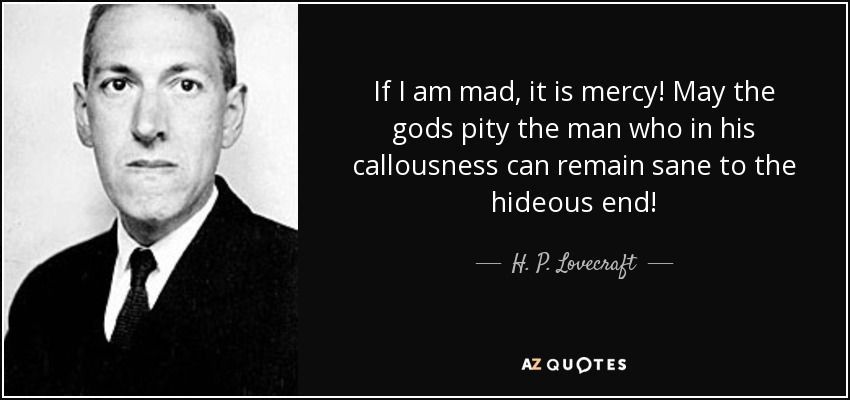 The same person will consistently post things that are vague or filled with drama. They are doing this to get you to inquire about them. They want you to ask them, “what’s the matter?” because it makes them feel better.
The same person will consistently post things that are vague or filled with drama. They are doing this to get you to inquire about them. They want you to ask them, “what’s the matter?” because it makes them feel better.
Part of being a sympathy seeker is complaining all the time. That’s because nothing is ever good enough. They could have the best life possible, and they will complain about it. These are negative, cynical individuals. It’s all done to get sympathy. They’d rather have someone feel sorry for them than to be happy in life.
They get angry or try to turn on you.A sympathy seeker does not want help. If they got help and changed their situation, they would no longer get sympathy from people. And sympathy is what they are after. If you have tried to help someone get out of a situation and in return, they’ve become angry with you, that is a clear sign they are not looking to improve their life.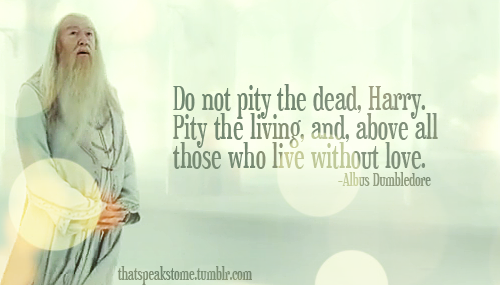
Instead, you have become a threat. They will twist and turn the situation on to you and are happy about this. Because guess what? They can now get sympathy from others about how you treated them.
The hunger for attention is an enemy of self-love. ― Edmond Mbiaka
What do you do if you have a sympathy seeker in your life?
If you have a sympathy seeker in your life, the best thing you can do for them is to quit giving them sympathy. That’s because the more sympathy you give to them, the more they will seek from you.
It takes a lot of your energy to cater to this type of behavior. I promise they will drain you way before you can ever help them.
Other articles to consider:
Mindfulness Challenge, Create a Balanced Life
6 Steps to New Year Goal Success
Peace & Love,
Ela
Follow us on Facebook Follow us on Pinterest Follow us on Instagram
Why Do People Enjoy Receiving Pity?
Lifestyle
by Ashley Fern
Stocksy
There is nothing I hate in the world more than receiving pity, whether it is warranted or not. For some reason though, there are people out there who welcome pity at every angle they can get it.
I understand that you may be sick and need to stay home from work, but why would you feel the need to complain about it to anyone whom is willing to listen? This is because we crave attention in any form we can get it and it’s pathetic. People will literally brag when they get sick, making a huge deal about a little cough.
“Self-pity is a psychological state of mind of an individual in perceived adverse situations who has not accepted the situation and does not have the confidence nor ability to cope with it. It is characterized by a person’s belief that they are the victims of events and is therefore deserving of condolence.”
People play the victim in all sorts of situations because they love the attention it brings them. By acting like a victim, you release your responsibility and put it on someone else. These people look at external factors for reasons to explain their distress or misery. They are unable to accept personal responsibility for their failures.
By acting like a victim, you release your responsibility and put it on someone else. These people look at external factors for reasons to explain their distress or misery. They are unable to accept personal responsibility for their failures.
Isn’t it a lot easier just to sit back and to enjoy your life, rather than to actively complain about every aspect of it? To seek pity is disempowering and degrading; expecting people to feel sorry for you is downright manipulative. Some people just enjoy wallowing and like to insist how hard their lives are, yet are not willing to be helped or to do anything about it. These people are addicted to their own sob stories.
“People who wallow in self-pity want validation for their feelings, justification for their tears and sorrows, and generally require the assistance of another person.”
This is a huge indicator of insecurity. We seek pity because of this need for attention, and without pity, we think that others will not care about us. Pity helps to validate our feelings of inadequacy. This all goes back to a person’s self-esteem. Only through personal reflection can this insecurity be eliminated. Furthermore, laziness can be another reason for this sort of behavior. It takes far less effort to complain about something than it takes to get up and go do something about it.
Pity helps to validate our feelings of inadequacy. This all goes back to a person’s self-esteem. Only through personal reflection can this insecurity be eliminated. Furthermore, laziness can be another reason for this sort of behavior. It takes far less effort to complain about something than it takes to get up and go do something about it.
The only way to eliminate this sort of behavior is to make yourself continuously aware of it. You need to remain conscious of the way you are acting around others. If you are typically in a bad mood or only focused on yourself, you need to stop, to reflect and to analyze the reason you are behaving in this manner. In the end, you will only hurt yourself and all the relationships in your life, whether it be with a partner, friends or family.
“Pity in its embrace strangles respect.”
You need to develop a sense of individual responsibility; recognize that you are in control of the outcomes in your life. Of course, to a certain extent, your environment plays a role in your mood, but ultimately it is up to you. You need to stop the addiction of looking to others for reassurance.
You need to stop the addiction of looking to others for reassurance.
Receiving pity, as opposed to empathy, means that others will view you in a negative light. Empathy means people feel for you and are concerned with your well-being for a good reason; pity has negative connotations attached to it.
“Pity makes suffering contagious.”
The main issue with this type of person is that they choose to wallow in self-pity as opposed to seeking help. They use their “sadness” as an excuse to do nothing to improve their situations, even though they have the capability to do so.
Photo Courtesy: Tumblr
Pity - Human Psychology
We sometimes pity people who do not know pity either for themselves or for others.
Emily Brontë
We are all well aware of such a feeling as pity, which, on the one hand, seems to be a very good and in some cases even necessary quality for a person, and at the same time it often betrays us, making us feel sorry for such people who deserve absolutely no pity.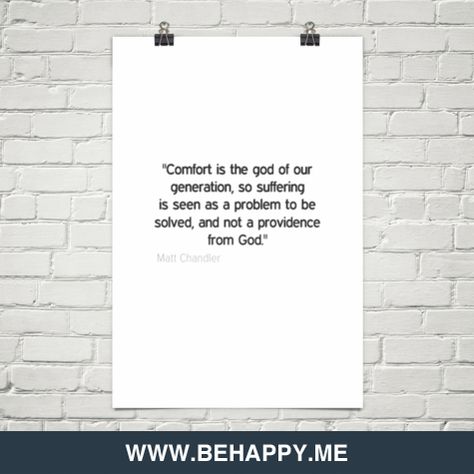 Or there are even worse situations when a person feels sorry for himself and thus indulges his weakness, looks for an excuse for his failures and shifts responsibility for them to other people. Such pity, no doubt, is to the detriment of a person. And here the question arises - how, in fact, to distinguish useful pity from harmful, and how to suppress this harmful pity in yourself? Here, in this article, let's answer this and some other, also very important questions related to the feeling of pity, and at the same time find out what pity is. nine0009
Or there are even worse situations when a person feels sorry for himself and thus indulges his weakness, looks for an excuse for his failures and shifts responsibility for them to other people. Such pity, no doubt, is to the detriment of a person. And here the question arises - how, in fact, to distinguish useful pity from harmful, and how to suppress this harmful pity in yourself? Here, in this article, let's answer this and some other, also very important questions related to the feeling of pity, and at the same time find out what pity is. nine0009
First of all, I will give a brief definition of pity so that we all understand what we are dealing with. Pity is a feeling of discomfort, which manifests itself in the form of condescending compassion, condolences, mercy, sadness, regret. We can experience this feeling both in relation to ourselves and in relation to other people. I would also say that pity is one of the forms of a person's dependence on society, this is when it comes to pity for other people.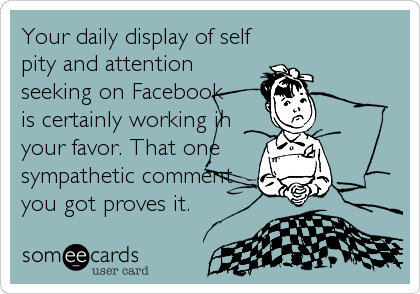 Because, pitying other people, a person partly pities himself, because at this moment he treats other people the way he would like them to treat him when he finds himself in the same situation as they are. And the fact that we or other people need pity in certain situations, and nothing else, we not only and even not so much understand as we feel. After all, where did we get the idea that people need to be pitied? We feel it, right? We not only know about it, but we feel that people in this or that situation need to be pitied, since we ourselves feel the need for self-pity from time to time. Is this good or bad? Let's figure it out. nine0009
Because, pitying other people, a person partly pities himself, because at this moment he treats other people the way he would like them to treat him when he finds himself in the same situation as they are. And the fact that we or other people need pity in certain situations, and nothing else, we not only and even not so much understand as we feel. After all, where did we get the idea that people need to be pitied? We feel it, right? We not only know about it, but we feel that people in this or that situation need to be pitied, since we ourselves feel the need for self-pity from time to time. Is this good or bad? Let's figure it out. nine0009
Pity for others
To begin with, let's take a look at pity for other people to understand when and why we pity someone and what this pity leads us to. Usually we proceed from certain ideas about good and evil, about good and bad, about right or wrong, when we do something, in this case, we pity someone. Also, we impose the situation in which the other person found himself on ourselves, and thus, pitying him, we seem to pity ourselves. That is, we proceed from the fact that in a certain situation a person needs to be pitied, namely pitied, not cheered up, not ignored, not something else to be done with him, namely pitied. Therefore, finding ourselves in exactly the same situation, we expect that we will also be pitied. And what happens to us in the end? And what happens is that in some situations, our pity really benefits both ourselves and the people we pity, while in others it harms them, and us, or only us. Well, for example, you felt sorry for your child, who fell, say, from a swing and hit hard. He is hurt, offended, he needs support from you, which you can give him in the form of pity. He wants to be pitied, and you do. And when you feel sorry for him, you thus show him your love and care, which strengthens his trust in you and lays in him the seed of love for other people, first of all for you. That is, when we feel sorry for someone, we show this person that we are not indifferent to him, and in some cases we let him know that we love him, that we sympathize with him, that we share with him his pain, suffering, resentment and etc.
That is, we proceed from the fact that in a certain situation a person needs to be pitied, namely pitied, not cheered up, not ignored, not something else to be done with him, namely pitied. Therefore, finding ourselves in exactly the same situation, we expect that we will also be pitied. And what happens to us in the end? And what happens is that in some situations, our pity really benefits both ourselves and the people we pity, while in others it harms them, and us, or only us. Well, for example, you felt sorry for your child, who fell, say, from a swing and hit hard. He is hurt, offended, he needs support from you, which you can give him in the form of pity. He wants to be pitied, and you do. And when you feel sorry for him, you thus show him your love and care, which strengthens his trust in you and lays in him the seed of love for other people, first of all for you. That is, when we feel sorry for someone, we show this person that we are not indifferent to him, and in some cases we let him know that we love him, that we sympathize with him, that we share with him his pain, suffering, resentment and etc.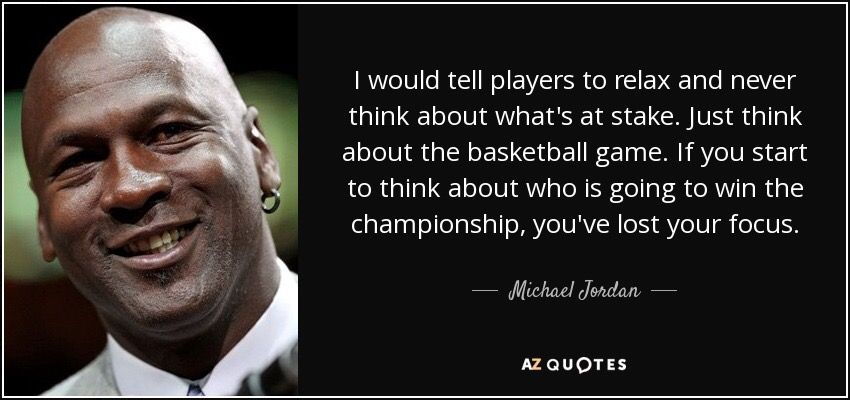 In such situations, pity is very useful. Kindness itself is very useful - it makes us human. nine0009
In such situations, pity is very useful. Kindness itself is very useful - it makes us human. nine0009
So we need to be able to feel sorry for people, even if not all and not always, but in general we should be able to do it, because this is a very useful skill. After all, many people need pity, especially children, who expect it first of all from their parents. But many adults also love to be pitied. People expect pity from others, they often count on it, they look for it. And if you can give them this pity when it is required, you will enter into their confidence, which sometimes, you will agree, is very important for establishing useful connections. If you are a ruthless, cold, indifferent person to other people, not doing anything good for them, then you are unlikely to be able to enlist their support when you need it. Few people are eager to help those who themselves never help anyone. So pity, as one of the manifestations of kindness, in this world has its price. Although often people take advantage of our pity, in the most ruthless and immoral way. They can manipulate us with it or just be ungrateful that we took pity on them. It is what it is. I am sure you have come across such people who spat in your soul in response to your pity and kindness. However, because of people like this, we should not think that our pity is our enemy. This is not true. Our pity can also be our ally, helping us to establish warm and friendly relations with many people, especially with those who are commonly called normal people. Therefore, it is not worth worrying too much about the problems that you have because of the manifestation of this feeling. You just need to start controlling it in order to understand who and in what situation you should feel sorry for, and who should be treated coldly and with indifference. Now, let's turn our attention to this. nine0009
They can manipulate us with it or just be ungrateful that we took pity on them. It is what it is. I am sure you have come across such people who spat in your soul in response to your pity and kindness. However, because of people like this, we should not think that our pity is our enemy. This is not true. Our pity can also be our ally, helping us to establish warm and friendly relations with many people, especially with those who are commonly called normal people. Therefore, it is not worth worrying too much about the problems that you have because of the manifestation of this feeling. You just need to start controlling it in order to understand who and in what situation you should feel sorry for, and who should be treated coldly and with indifference. Now, let's turn our attention to this. nine0009
What is important to consider here? It is important to always take into account your benefit, primarily in the medium and long term, in order to understand what your act, that is, your manifestation of pity in a given situation, will lead you to in the end. Let's say you took pity on a person and did something nice for him. And it doesn't seem to do anything for you. The person has disappeared from your life or continues to live as he lived, not considering it necessary to somehow thank you for your help, for your kindness. And now you think that you took pity on the person, but there is zero sense in this. And you may start to regret your actions. Still, what can I say, not always and not all of us are ready to do it completely disinterestedly. But don't jump to conclusions. Everything is not so obvious here. Firstly, as you know, they don’t look for good from good, and if you took pity on someone and helped someone, then you shouldn’t think that this person now owes you. Pity and kindness, these are not things that need to be traded, although people manage to do this too. And secondly, if we talk about the benefits, then how do you know when and in what form you will receive it? That is, how do you know in what form your good will return to you? nine0009
Let's say you took pity on a person and did something nice for him. And it doesn't seem to do anything for you. The person has disappeared from your life or continues to live as he lived, not considering it necessary to somehow thank you for your help, for your kindness. And now you think that you took pity on the person, but there is zero sense in this. And you may start to regret your actions. Still, what can I say, not always and not all of us are ready to do it completely disinterestedly. But don't jump to conclusions. Everything is not so obvious here. Firstly, as you know, they don’t look for good from good, and if you took pity on someone and helped someone, then you shouldn’t think that this person now owes you. Pity and kindness, these are not things that need to be traded, although people manage to do this too. And secondly, if we talk about the benefits, then how do you know when and in what form you will receive it? That is, how do you know in what form your good will return to you? nine0009
Understand that the effect of our actions is always much larger than what we can see and understand, and therefore it is much more difficult to evaluate it.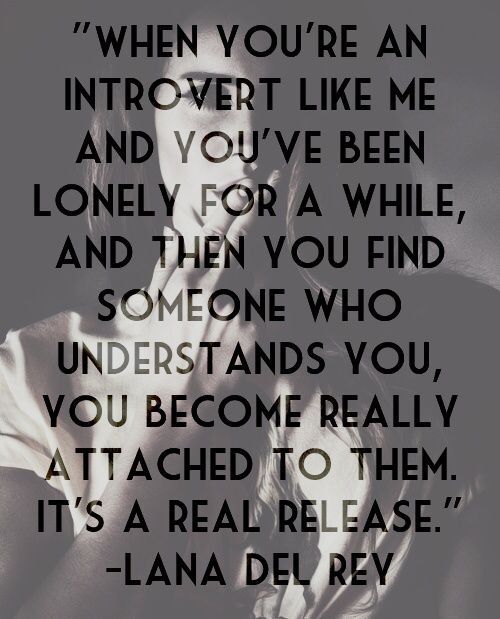 In addition, this effect is stretched over time and you never know what your act will eventually lead you to in the long run. When you feel sorry for another person, even an ungrateful one, you show yourself as a person, as a person, not only to him, but also to other people who form their opinion about you based on your act and according to their beliefs and values. That is, by your act you tell other people what kind of person you are. And when a certain opinion is formed about you, as a rule, positive, because kind people are loved, even if they are not always respected and appreciated, but they are loved, then all normal people know that you are the person who it makes sense to help, suggest, whom you can feel sorry for if you need it. Therefore, even if not the person whom you took pity on and whom you helped will help you in return, but many other people, knowing about your good deed, can do it for him. In addition, some people do not thank immediately, but after some time, when they have such an opportunity.
In addition, this effect is stretched over time and you never know what your act will eventually lead you to in the long run. When you feel sorry for another person, even an ungrateful one, you show yourself as a person, as a person, not only to him, but also to other people who form their opinion about you based on your act and according to their beliefs and values. That is, by your act you tell other people what kind of person you are. And when a certain opinion is formed about you, as a rule, positive, because kind people are loved, even if they are not always respected and appreciated, but they are loved, then all normal people know that you are the person who it makes sense to help, suggest, whom you can feel sorry for if you need it. Therefore, even if not the person whom you took pity on and whom you helped will help you in return, but many other people, knowing about your good deed, can do it for him. In addition, some people do not thank immediately, but after some time, when they have such an opportunity. You, I repeat, taking pity on a person, showed him yourself, you showed that you can be humane, and this, whatever you say, inspires confidence. Thus, by helping other people, including pitying them, you can earn yourself a good reputation - a reputation as a normal, sympathetic, kind person. That is, you make a name for yourself with your good deeds, which, as you know, can work for a person all his life. nine0009
You, I repeat, taking pity on a person, showed him yourself, you showed that you can be humane, and this, whatever you say, inspires confidence. Thus, by helping other people, including pitying them, you can earn yourself a good reputation - a reputation as a normal, sympathetic, kind person. That is, you make a name for yourself with your good deeds, which, as you know, can work for a person all his life. nine0009
Of course, any, even the most kind and honest name can be defiled, denigrated, discredited. But, you know, friends, when you yourself personally know well a person with whom you have dealt many times and who never let you down, did not deceive you, did not use you, but on the contrary, helped you, you will never believe in any nasty things that his ill-wishers will spread about him. Therefore, if you took pity on someone, someone who really needed it and deserved it, then rest assured that he will most likely begin to think very well of you and will never believe someone who will speak badly of you.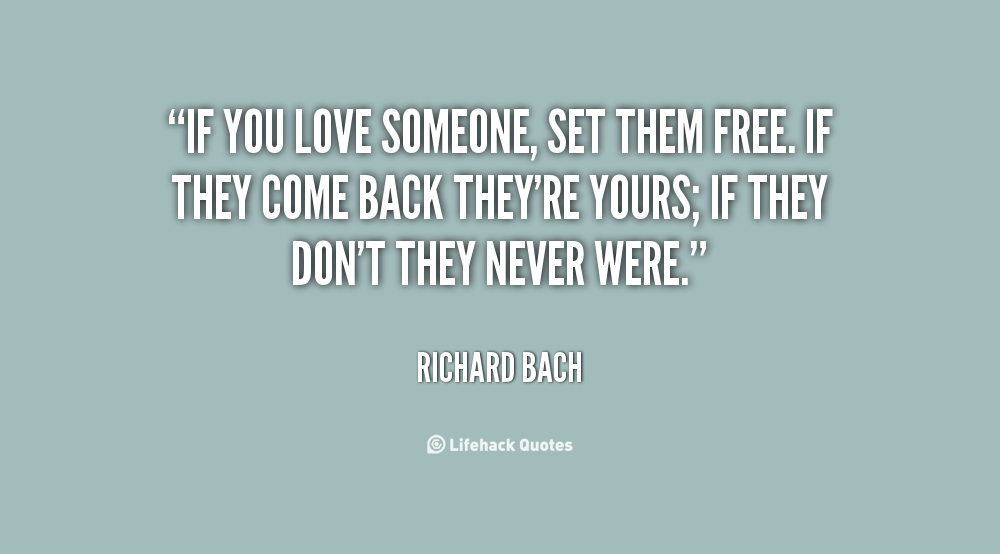 So from this point of view, showing pity in those situations when you need to help a person, support him, restore his faith in the best, faith in himself, and not think about how beneficial it is for you right now, can be very beneficial. In the future, your past actions can help you very well. People, whatever they may be, for the most part, still try to reach out to good, kind, normal people who can be trusted and relied on. nine0009
So from this point of view, showing pity in those situations when you need to help a person, support him, restore his faith in the best, faith in himself, and not think about how beneficial it is for you right now, can be very beneficial. In the future, your past actions can help you very well. People, whatever they may be, for the most part, still try to reach out to good, kind, normal people who can be trusted and relied on. nine0009
But not everything is as simple and beautiful as we would like. If our goodness always returned to us like a boomerang, we would all be very kind and would constantly help each other and pity each other. However, in real life, a good deed, a good deed, is not only not always rewarded, and sometimes punished, but it is not always a good deed and a good deed. You may be mistaken in thinking that by pitying this or that person, in one way or another, you have done a good deed. Our pity can turn out to be very harmful, and therefore, as I said at the very beginning, we must be able to distinguish it from useful pity. Let's take another example of pity. Suppose you feel sorry for someone, for example, the same child, while trying to save him from pain, not letting him on the same swing from which he can fall, trying to protect him from difficulties, relieving him of hard work, for example, while studying, protecting him from fear, protecting him from unpleasant information, from suffering, and also protecting him from meeting bad people, from your point of view, and so on. So, with all these prohibitions and excessive concern for your child, you prevent him from fully developing, gaining useful life experience, preventing him from overcoming difficulties, preventing him from learning to get up after a fall. That is, such an excessive, inappropriate, wrong pity prevents a person from becoming stronger. This certainly harms him, and it is especially harmful for a child who needs to learn to live in the real world, and not hide in the “greenhouse” you created for him. Do you understand what is the problem here? We must be able to fall and we must be able to rise, and we ourselves, without outside help, in order to be as adapted to life as possible.
Let's take another example of pity. Suppose you feel sorry for someone, for example, the same child, while trying to save him from pain, not letting him on the same swing from which he can fall, trying to protect him from difficulties, relieving him of hard work, for example, while studying, protecting him from fear, protecting him from unpleasant information, from suffering, and also protecting him from meeting bad people, from your point of view, and so on. So, with all these prohibitions and excessive concern for your child, you prevent him from fully developing, gaining useful life experience, preventing him from overcoming difficulties, preventing him from learning to get up after a fall. That is, such an excessive, inappropriate, wrong pity prevents a person from becoming stronger. This certainly harms him, and it is especially harmful for a child who needs to learn to live in the real world, and not hide in the “greenhouse” you created for him. Do you understand what is the problem here? We must be able to fall and we must be able to rise, and we ourselves, without outside help, in order to be as adapted to life as possible. And this needs to be learned. And in order to learn this, you cannot avoid difficulties, you cannot avoid pain, you cannot protect yourself from everything that you do not like and what you are afraid of. And even more so, you can not protect other people from this, in particular children, especially children for whom it is important to learn to be strong. Therefore, the child and in general any person must suffer. You see, you must. And if someone's pity prevents him from doing this, then it simply harms him. After all, when we get used to this pity, we only look for it later everywhere, instead of struggling with difficulties, overcoming them and always relying primarily on our own strengths. nine0009
And this needs to be learned. And in order to learn this, you cannot avoid difficulties, you cannot avoid pain, you cannot protect yourself from everything that you do not like and what you are afraid of. And even more so, you can not protect other people from this, in particular children, especially children for whom it is important to learn to be strong. Therefore, the child and in general any person must suffer. You see, you must. And if someone's pity prevents him from doing this, then it simply harms him. After all, when we get used to this pity, we only look for it later everywhere, instead of struggling with difficulties, overcoming them and always relying primarily on our own strengths. nine0009
Besides, our pity often fails us, I'm sure you know this very well. It happens that you take pity on a person, help him, and then he will do something bad to you in return. Let him not do it on purpose, but by inertia, for example, he will climb on your neck and ask you to help him all the time.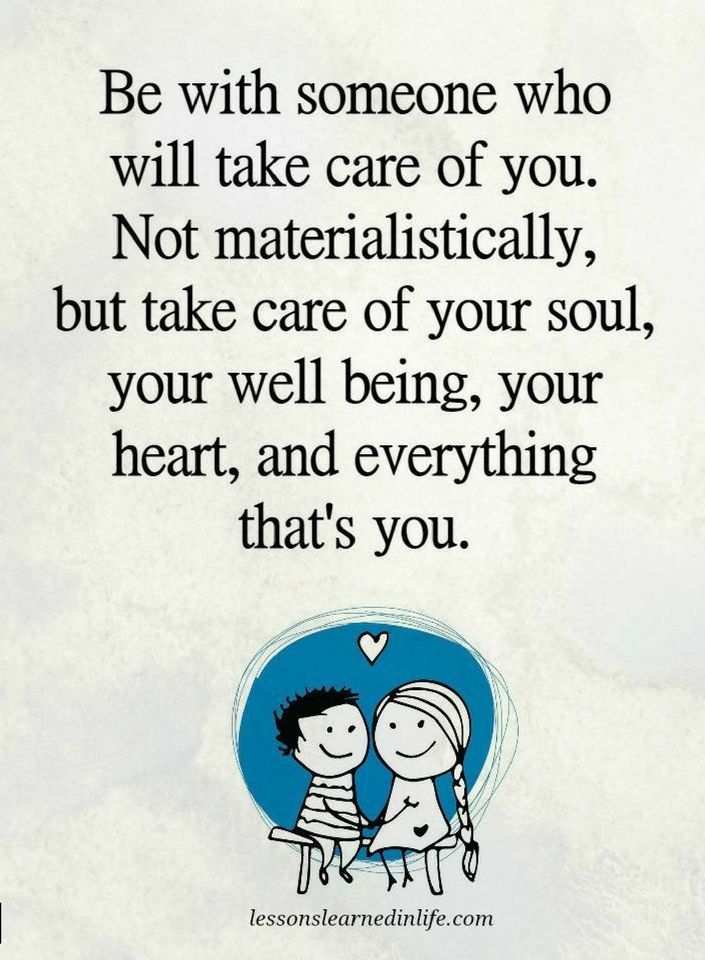 As a result, it will turn out, as in that parable about the donkey and the bull, in which the simple-hearted donkey, wanting to help the bull, began to do hard work for him, that is, he shouldered his burden, to his own detriment. Such pity on your part will just make a fool of you. In addition, some people are known to perceive someone else's pity as a weakness and use it - pressing on this feeling in order to gain some benefit. This is a very ugly and even nasty manipulation, which is used, for example, by the same beggars who do not want to work. And we, it seems, with all our heart to the person, feel sorry for him, we want to help him, but he spoils our soul. Familiar situation, That's it. That is why it is important to understand who and in what situations deserves our pity, and who does not. Let's return to this issue a little later, below I will tell you about how to get rid of a feeling of pity, that's where we will raise it again. In the meantime, let's talk a little about an equally harmful form of pity—self-pity.
As a result, it will turn out, as in that parable about the donkey and the bull, in which the simple-hearted donkey, wanting to help the bull, began to do hard work for him, that is, he shouldered his burden, to his own detriment. Such pity on your part will just make a fool of you. In addition, some people are known to perceive someone else's pity as a weakness and use it - pressing on this feeling in order to gain some benefit. This is a very ugly and even nasty manipulation, which is used, for example, by the same beggars who do not want to work. And we, it seems, with all our heart to the person, feel sorry for him, we want to help him, but he spoils our soul. Familiar situation, That's it. That is why it is important to understand who and in what situations deserves our pity, and who does not. Let's return to this issue a little later, below I will tell you about how to get rid of a feeling of pity, that's where we will raise it again. In the meantime, let's talk a little about an equally harmful form of pity—self-pity. nine0009
nine0009
Self-pity
Self-pity is a very harmful habit for a person, developed as a result of his inability to cope with difficulties, his inability to solve problems and his lack of faith in himself. It may be due to the fact that in childhood a person was pitied too much and too often, as a result of which the line between the manifestation of his parents' love for him and that very excessive concern for him, which I wrote about above, was simply erased. That is, excessive concern for a person - went to his detriment. In such cases, they say: “If you want to destroy a person, start pitying him.” And I would clarify - if you want to destroy a person, pity or pity him. That will be more correct. And in the end, what happens is that a person is used to pity, he does not perceive his weakness as something wrong, abnormal, unnecessary for him, which he needs to get rid of, but instead he can even enjoy it. So, from a seemingly noble deed, pity can turn into one of the forms of a person’s dependence on external circumstances and other people, with which a person can live all his life.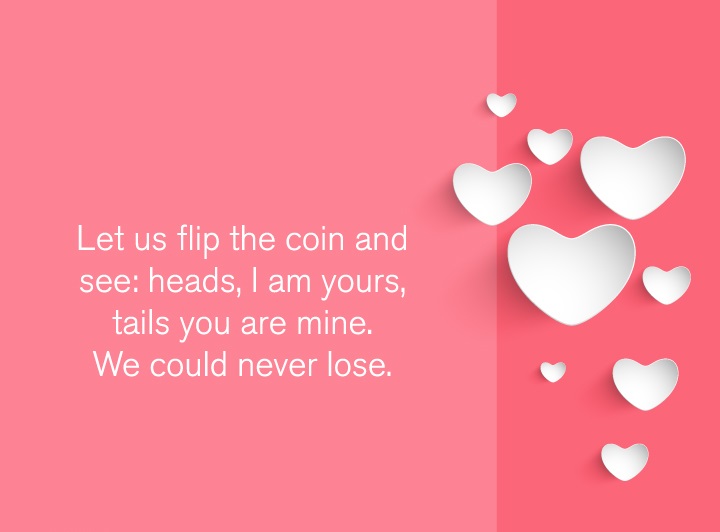 After all, it is always easier to justify your weakness, laziness, stupidity, your mistakes than to correct them. And in order to do this, you need to feel sorry for yourself, make yourself a victim of circumstances in your own eyes, and, if possible, in the eyes of other people, so that they pat on the head and wipe the snot. All this, of course, is very touching, but not useful. nine0009
After all, it is always easier to justify your weakness, laziness, stupidity, your mistakes than to correct them. And in order to do this, you need to feel sorry for yourself, make yourself a victim of circumstances in your own eyes, and, if possible, in the eyes of other people, so that they pat on the head and wipe the snot. All this, of course, is very touching, but not useful. nine0009
Some people like to suffer, cry, complain about their lives, pour out their souls to someone to comfort themselves. And you know that, sometimes, I emphasize, sometimes, they really need it in order to unload, cleanse themselves of bad thoughts, get rid of pain, from that unnecessary burden that has accumulated in their soul as a result of an unfavorable combination of circumstances and their own mistakes. But such cleansing should not become an end in itself. You can’t feel sorry for yourself all the time, just to do nothing and blame circumstances and other people for everything, and even yourself, if only, I repeat, do nothing. Pity - it's like a sting - stings right in the heart, and we ourselves do it with ourselves, we sting ourselves, we ourselves suppress our will when we pity ourselves. So you need to get rid of harmful pity, and below we will talk about how to do it. nine0009
Pity - it's like a sting - stings right in the heart, and we ourselves do it with ourselves, we sting ourselves, we ourselves suppress our will when we pity ourselves. So you need to get rid of harmful pity, and below we will talk about how to do it. nine0009
How to get rid of feelings of pity
Well, now let's look at the most important question for some of you - the question of how to get rid of feelings of pity. From the very pity that harms you and prevents you from achieving your goals. Of course, I understand perfectly well that sometimes it is necessary to make this difficult choice for many of us - between other people's interests, other people's well-being and personal gain, and it must be done in such a way as not to be left out in the cold, so as not to lose. At the same time, your conscience can tell you one thing, and the mind another. On the one hand, you will feel sorry for the person if you don’t take pity on him, but on the other hand, you need to take care of yourself, solve your problems and tasks. So, sometimes, yes, you need to forget about pity, even when people really need it, and act in a way that is beneficial for you. Therefore, this choice can be called a choice between conscience and profit. How to make it? nine0009
So, sometimes, yes, you need to forget about pity, even when people really need it, and act in a way that is beneficial for you. Therefore, this choice can be called a choice between conscience and profit. How to make it? nine0009
Friends, let's turn on the logic with you and think, do our and, in particular, your help to those people who, from your point of view, need it, really need it? Here, suppose you took pity on a person, so what? Has the world changed for the better? Has this person changed for the better? Or maybe you got better? Unlikely. Rather, our pity does not always lead to something good. And often no one needs our pity at all. Do you know why? Because people should be independent, responsible and strong, and not rely on someone else's pity. In addition, do not forget that you owe yourself no less than others. This is me about those cases when you feel sorry for someone to the detriment of your interests. Of course, we are taught to be altruists, taught to help other people, taught to be kind and good, so that the life of all people in general would be better. And indeed, it is impossible without this - the world cannot and should not consist of only heartless and ruthless egoists, otherwise it will be impossible to live in it. Nevertheless, no one will deny that the same evil, no matter who understands it, was, is and will be, which means that such actions that, let’s say, will go against our conscience, will not only inevitable, but they must be in our lives. In other words, no matter how much you feel sorry for other people, the world will not change much from this, as good and evil were in it, so they will be, because they should be. And you, as a human, will always remain a sinner, both in terms of "original sin" and in terms of common sense. Because you cannot always do good and right, always and everywhere do good, no matter how much you want to. Because life cannot consist only of good, it must also contain evil, otherwise we will not understand what good is. In that case, why don't you do what your mind tells you instead of trying to be what you think you should be? Why do you feel sorry for people in situations where it makes no sense? If you do not take pity on a person in a situation where it is not beneficial for you, you will not become worse because of this, you will simply do something for yourself, and not for this person.
And indeed, it is impossible without this - the world cannot and should not consist of only heartless and ruthless egoists, otherwise it will be impossible to live in it. Nevertheless, no one will deny that the same evil, no matter who understands it, was, is and will be, which means that such actions that, let’s say, will go against our conscience, will not only inevitable, but they must be in our lives. In other words, no matter how much you feel sorry for other people, the world will not change much from this, as good and evil were in it, so they will be, because they should be. And you, as a human, will always remain a sinner, both in terms of "original sin" and in terms of common sense. Because you cannot always do good and right, always and everywhere do good, no matter how much you want to. Because life cannot consist only of good, it must also contain evil, otherwise we will not understand what good is. In that case, why don't you do what your mind tells you instead of trying to be what you think you should be? Why do you feel sorry for people in situations where it makes no sense? If you do not take pity on a person in a situation where it is not beneficial for you, you will not become worse because of this, you will simply do something for yourself, and not for this person. And as I said, you owe yourself no less than others, and perhaps even more. nine0009
And as I said, you owe yourself no less than others, and perhaps even more. nine0009
In addition, as I said, your pity, like your help, may not really be needed by anyone in most cases. In some situations, you will think that by pitying some person, you are doing good, but in fact you can harm him by indulging his weakness, laziness, stupidity, irresponsibility, and so on. Do you understand what I mean? For example, the same beggars do not always need to be given, because by doing this you only help them to remain poor, because they do not need to work, they do not need to do anything useful for society and themselves, because good people will still give bread. And why does the world need such people who do not want to do anything? Think about it, think about the meaning of your pity and excessive kindness. After all, all your decisions and actions depend on the attitudes that are in your head, and, believe me, they are not always correct. To understand that pity, even for yourself, even for others, is not always appropriate - do not put yourself in front of a choice between good and evil, put yourself in front of a choice between two or more evils.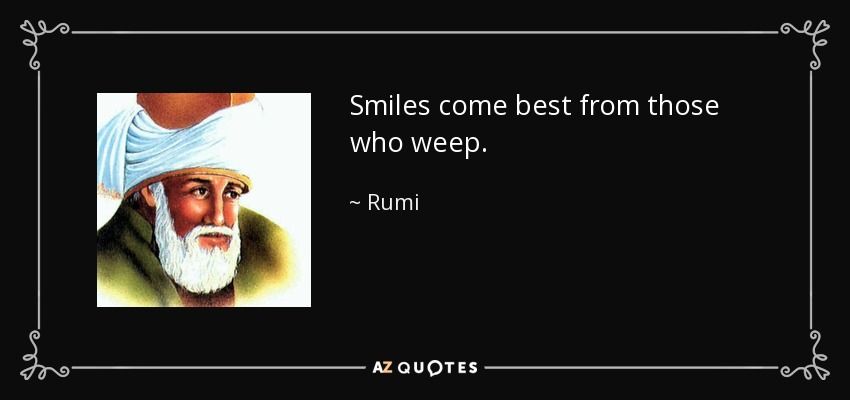 Feel the difference? Our good deeds are not always good and right. So I repeat - choose between two or more evils, and not between good and evil, choose between your various right actions, and not between right and wrong. So it's easier not to pay attention to the voice of conscience, which makes you feel sorry for others, including to the detriment of yourself, and including to the detriment of those you pity. nine0009
Feel the difference? Our good deeds are not always good and right. So I repeat - choose between two or more evils, and not between good and evil, choose between your various right actions, and not between right and wrong. So it's easier not to pay attention to the voice of conscience, which makes you feel sorry for others, including to the detriment of yourself, and including to the detriment of those you pity. nine0009
Now let's move on to heavier artillery in our fight against unnecessary, unnecessary and harmful pity. And for this, let's pose a more cardinal question - do people deserve pity at all? In your life, what kind of people were there more, those who, if you pity them, became better, kinder, more honest, more decent, or those who perceived your pity as your weakness and climbed on you or other people who took pity on them? As you can see, I am not stating anything, but I suggest that you think about your attitude towards other people, about your opinion about them. It is quite obvious that many or maybe only some people, you know better, whom you pity, pity or may regret in the future, may not deserve this very pity.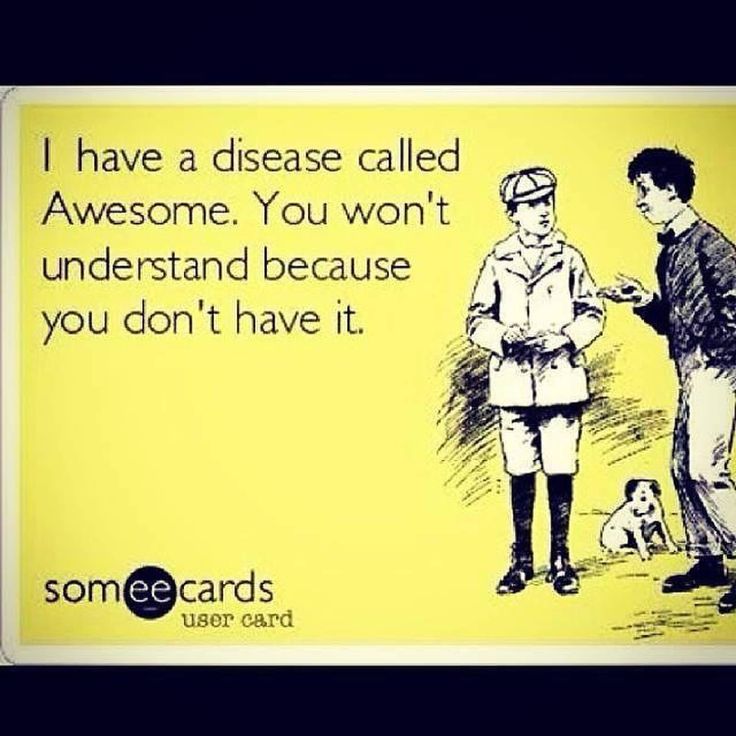 When you show pity for other people, proceed in your decisions from the understanding that these people are mostly good, kind, honest and decent, so they need to be pitied, they need help. But I know that there are people who in their decisions proceed from the fact that all people are bad, evil, vicious and they do not deserve any pity. And these people who think so have no problems with a sense of pity and conscience. Therefore, for you, friends, it is advisable, if the feeling of pity for you is really, pardon the expression, sick of it, to proceed, first of all, from the understanding that all, well, or almost all people are bad and evil, and therefore pitying them is not just unprofitable but even harmful. Because they don't deserve pity. I understand that this sounds, perhaps, not quite objectively, not quite beautifully and not quite right. But if you constantly feel sorry for everyone and do it to your own detriment, then you need such an attitude in order to simply change your attitude towards other people for the worse on an emotional level, and then you will lose the desire to feel sorry for them and help them.
When you show pity for other people, proceed in your decisions from the understanding that these people are mostly good, kind, honest and decent, so they need to be pitied, they need help. But I know that there are people who in their decisions proceed from the fact that all people are bad, evil, vicious and they do not deserve any pity. And these people who think so have no problems with a sense of pity and conscience. Therefore, for you, friends, it is advisable, if the feeling of pity for you is really, pardon the expression, sick of it, to proceed, first of all, from the understanding that all, well, or almost all people are bad and evil, and therefore pitying them is not just unprofitable but even harmful. Because they don't deserve pity. I understand that this sounds, perhaps, not quite objectively, not quite beautifully and not quite right. But if you constantly feel sorry for everyone and do it to your own detriment, then you need such an attitude in order to simply change your attitude towards other people for the worse on an emotional level, and then you will lose the desire to feel sorry for them and help them.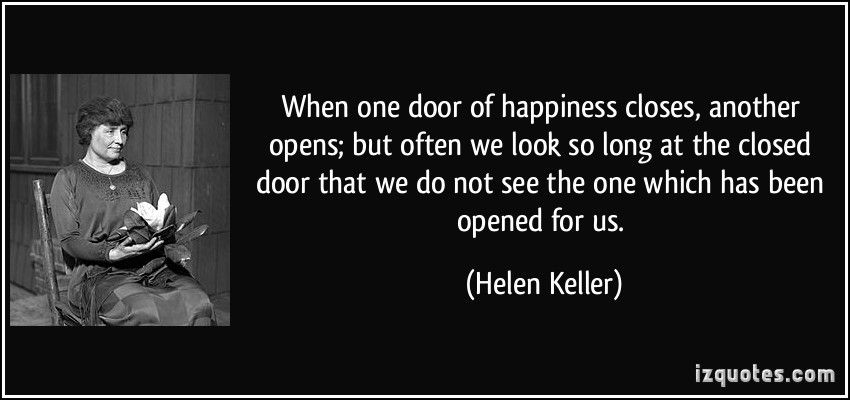 But I warn you that you do not need to become a ruthless misanthrope, a misanthrope. And it's not even that it's just not good - it's unprofitable. Bad, evil, cruel people who hate everyone and never help anyone - often get the same bad treatment. Fierce hatred for people, as well as excessive love for them, is just another extreme, which must also be avoided. nine0009
But I warn you that you do not need to become a ruthless misanthrope, a misanthrope. And it's not even that it's just not good - it's unprofitable. Bad, evil, cruel people who hate everyone and never help anyone - often get the same bad treatment. Fierce hatred for people, as well as excessive love for them, is just another extreme, which must also be avoided. nine0009
Now let's turn your attention to another very important reason why people feel sorry for others. To do this, I will ask you a provocative question - is your pity for other people connected with pity for yourself? Wait, do not rush to answer it, think a little about it. You need to understand the motive behind your actions. The fact is that many people who feel sorry for others, subconsciously count on the same pity for themselves. And she, too, as we found out, is very harmful to humans. And if you want to be pitied, so you yourself pity others, then you need to solve the problem with your weakness, since self-pity is connected precisely with it. You need to hate this weakness, roughly speaking, in order to want to get rid of it. A strong person does not need someone else's pity, moreover, it is very suspicious for him, as it makes him think that someone is trying to gain confidence in him in this way. Weak people, on the contrary, ask for pity for themselves and for this they themselves can pity others. That is, the problem of pity in this case is largely related to the weakness of a person, from which he needs to get rid of. In addition, if we proceed from the idea I have indicated above that many people are evil, bad, vicious, then you can be sure that most of those whom you pity will not pity you. Think about it. After all, the less you begin to see good in other people, the less you will count on them and the less you will feel sorry for them. So do not expect pity from people, even if some of them can give it to you, and without any self-interest, still do not wait, because many of them will not pity you. nine0009
You need to hate this weakness, roughly speaking, in order to want to get rid of it. A strong person does not need someone else's pity, moreover, it is very suspicious for him, as it makes him think that someone is trying to gain confidence in him in this way. Weak people, on the contrary, ask for pity for themselves and for this they themselves can pity others. That is, the problem of pity in this case is largely related to the weakness of a person, from which he needs to get rid of. In addition, if we proceed from the idea I have indicated above that many people are evil, bad, vicious, then you can be sure that most of those whom you pity will not pity you. Think about it. After all, the less you begin to see good in other people, the less you will count on them and the less you will feel sorry for them. So do not expect pity from people, even if some of them can give it to you, and without any self-interest, still do not wait, because many of them will not pity you. nine0009
And of course, you need to learn to rely more on yourself, so that you do not seek consolation in pity, but in strength, your own strength, in your own abilities. You need self-confidence, not pity. When you are confident enough in yourself, you will begin to rely less on other people and therefore the need to help them, subconsciously or consciously counting on reciprocity, that is, that they will also help you when you need their help, you will no longer be. And if you also begin to clearly understand that your help and your pity for another person will turn out for you not only the loss of some benefit, but also certain problems, then you will no longer have any desire or any sense to regret someone and someone to help. So in order not to rely on other people - on their pity and help, just drive into your head the idea that all people, with rare exceptions, are evil and bad, and that they not only do not need your help, but also harmful, it is both for you and for them. I won’t say that this is a completely correct attitude, that pitying other people and counting on their pity yourself, and also considering that all people are bad and evil, is correct, but I repeat, in cases where a feeling of pity prevents you from living and you you cannot consciously control it, you can fight it in this way.
You need self-confidence, not pity. When you are confident enough in yourself, you will begin to rely less on other people and therefore the need to help them, subconsciously or consciously counting on reciprocity, that is, that they will also help you when you need their help, you will no longer be. And if you also begin to clearly understand that your help and your pity for another person will turn out for you not only the loss of some benefit, but also certain problems, then you will no longer have any desire or any sense to regret someone and someone to help. So in order not to rely on other people - on their pity and help, just drive into your head the idea that all people, with rare exceptions, are evil and bad, and that they not only do not need your help, but also harmful, it is both for you and for them. I won’t say that this is a completely correct attitude, that pitying other people and counting on their pity yourself, and also considering that all people are bad and evil, is correct, but I repeat, in cases where a feeling of pity prevents you from living and you you cannot consciously control it, you can fight it in this way. nine0009
nine0009
In general, we need pity. Without it, life in our society will become much more difficult. I believe that people need to feel sorry for each other, but only in special cases, when it is really necessary. Pity helps to get rid of mental pain, with its help you can provide the necessary support to a person in trouble. In itself, this feeling humanizes people, it helps them trust each other more, helps them get through difficult times, and allows them to show love for each other. But do not forget that we should always look at life from different angles, including from the side that shows us its dark side, on which any, even the most sacred feelings, are used by some people who are very cynical, immoral and in a ruthless way. Therefore, pity can be both a holy and at the same time a cruel feeling that harms the one who pities someone, the one who is pity and the one who pities himself. Do not smear this feeling with one color, do not think that it can always be only harmful or only useful, or be exclusively a manifestation of weakness. Your task is to rid yourself of the extremes that you can fall into because of this feeling, so as not to be too kind or too evil. Then you can use pity for your own good, and not be led by it. nine0009
Your task is to rid yourself of the extremes that you can fall into because of this feeling, so as not to be too kind or too evil. Then you can use pity for your own good, and not be led by it. nine0009
Looking for pity. It's All Because of Me (But It's Not) [The Truth About Perfectionism, Imperfection, and the Power of Vulnerability]
Seeking pity. It's All Because of Me (But It's Not) [The Truth About Perfectionism, Imperfection, and the Power of Vulnerability]WikiReading
It's All Because of Me (But It's Not) [The Truth About Perfectionism, Imperfection, and the Power of Vulnerability]
Brown Brené
Contents
nine0008 Seeking pity The other side of the coin is when we empathize with a person who asks for pity. The problem is complex. They look for pity when they feel something like this: "Pity me, because I'm the only one with whom this happened," or "my situation is the most terrible, no one is worse. " This, of course, causes disunity and rejection. Pity-seeking people don't want empathy or recognition that these experiences are shared; they crave confirmation of their uniqueness. When I talk about seeking pity in my seminars, participants tend to get agitated and irritated. I learned a long time ago to lighten the atmosphere, you just need to ask: “Which of you knows a person who is looking for pity, and now, when I talk about it, imagines this person?” Invariably, a forest of hands rises across the room as the participants can't wait to talk about who they imagined and how annoying that person is to them. nine0009
" This, of course, causes disunity and rejection. Pity-seeking people don't want empathy or recognition that these experiences are shared; they crave confirmation of their uniqueness. When I talk about seeking pity in my seminars, participants tend to get agitated and irritated. I learned a long time ago to lighten the atmosphere, you just need to ask: “Which of you knows a person who is looking for pity, and now, when I talk about it, imagines this person?” Invariably, a forest of hands rises across the room as the participants can't wait to talk about who they imagined and how annoying that person is to them. nine0009
Many people have told me that they feel manipulated when their loved ones ask for pity. I have even heard such phrases from therapists who are often baffled by pity-seeking patients. When someone wants to be pitied, the usual response is contempt and outrage. This situation seems like a win-win situation for everyone. On the one hand, a person claims that everything is worse for him than everyone else and no one is able to understand him, on the other hand, he seeks our approval.
One interviewee said: “In my family, only my husband can have a hard time. Even if the same thing happens to me as to him, or even worse, all attention should be paid only to him. He doesn't ask for help. He only wants to hear from me that his life is hard, unfair and much worse than mine. He believes that he works more, sleeps less and does more. Honestly, it's not." nine0009
Sometimes the best thing we can do for someone who asks for pity is to pretend to sigh: "Yes, it's very hard!" or: “Wow, you had a bad time!” But inside ourselves, we think something like: “yes, you don’t give a damn about all this,” or “what nonsense,” or “how much you can whine.” Sometimes begging for pity so angers and revolts us that we can't squeeze out even feigned emotions. But no matter how the conversation goes, it's easy to see why our exchange of remarks rarely reaches the level of real contact and mutual understanding. nine0009
Seeking pity is often associated with the desire to show our uniqueness, but we can certainly say that “we are lonely” and “we feel like the only ones who…” without asking for pity. The difference between empathy and pity lies in our motivation, in how and why we want to share suffering. The irony is that the reason for seeking pity is often shame.
The difference between empathy and pity lies in our motivation, in how and why we want to share suffering. The irony is that the reason for seeking pity is often shame.
In my first year of doctoral studies, I often looked for pity. Not surprisingly, the more I did this, the more alone I felt. I was so busy with my studies that I was constantly afraid of failure and ashamed of my possible failure. So I just couldn't say, “I'm drowning. I'm like a fly in milk. If I don't do it, life is over." Although this feeling is familiar to almost everyone I know, at that moment I could not clearly understand, much less describe my real feelings. I said: “You have no idea how difficult it is. It's not like not getting a job or failing an exam." To the people around me, it sounded like "this is more important than anything you've ever done, so take pity on me properly." If friends and relatives responded to my prayers with not entirely sincere pity, I began to gnaw myself even more, thinking: “Yes, they are fine, they don’t write a dissertation!” nine0009
When we find ourselves seeking pity, it's helpful to take a step back and think about how we really feel, what we really want and need. When we are asked to show pity, we must decide whether we just want to pity the person and move on, or if we really should try to connect with them and respond with empathy.
When we are asked to show pity, we must decide whether we just want to pity the person and move on, or if we really should try to connect with them and respond with empathy.
If we still want to understand him, sometimes we can begin to sympathize like this: “Yes, it’s not easy for you, tell us about everything in more detail.” Or, “Yeah, it’s hard for me to imagine what it’s like. Tell me so I can understand." When I lead groups, I sometimes even say this, directly: “You claim that no one can understand your situation, but still you ask for understanding. What we can do? We want to get in touch with you, and you say it's impossible." Often a dialogue that begins with these questions can lead to real connection and empathy. nine0009
This text is an introductory fragment.
Sulfuric acid pity
Sulfuric acid pity - When I see a person, his difficulties, mechanicalness, a feeling of pity and compassion arises for him.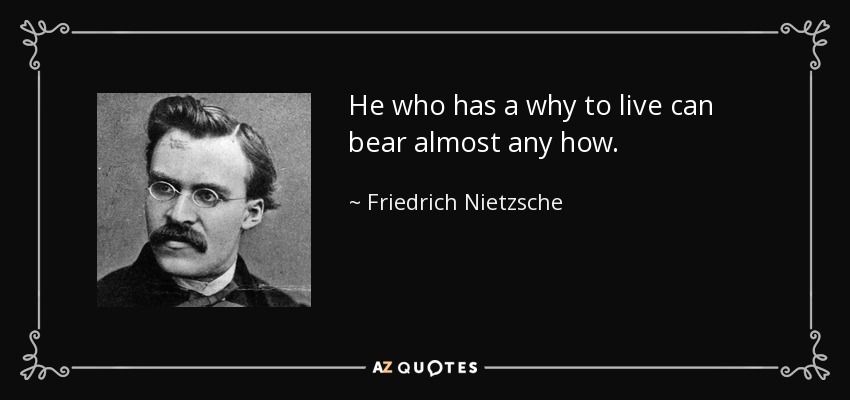 - Pity or compassion? - Compassion and pity. - Is there a difference between pity and compassion? - Probably, there is. - Is it possible to experience that
- Pity or compassion? - Compassion and pity. - Is there a difference between pity and compassion? - Probably, there is. - Is it possible to experience that
3.4. Feelings of pity for oneself
3.4. Feeling sorry for yourself Unsuccessful people constantly feel sorry for themselves and think that they are not destined to be successful. Someone feels sorry for being overweight, someone does not like his height, nationality, skin tone, some people feel sorry for themselves for being still
Search
nine0008 Search Like the busy beekeeper of the human hive, I am obviously on a quest to unleash the potential of the city as an intelligent human system. I once thought that we needed experts who could tell us what and how to change in the city in order toSearch for like-minded people
Search for like-minded people It is people, and not your good start, that provide an opportunity and serve as an incentive for us to change for the better. If you didn’t have an environment, then everything good and good in you atrophied. The next time you see a flock of geese flying south,
If you didn’t have an environment, then everything good and good in you atrophied. The next time you see a flock of geese flying south,
Search
Search I want you to imagine that you are looking for something very important to you. Perhaps you have some guesses about what it is, and perhaps not. However, you know that you are looking for something very necessary and that your life will not be complete without it. Where do you start this search?
LESSON 16 Our age is too short for long self-pity: get busy with life or get busy with death
LESSON 16 Our age is too short for long self-pity: get busy with life or get busy with death My favorite film has always been The Shawshank Redemption. If I were asked to sum up the main idea of the film in one word, I would say “hope”. The film is based on the short story
Pity for him and pity for yourself
About pity for him and pity for yourself If your goal, as I wrote, is the desire that you gathered into a clot and heated up, then your will is the arrow that you fire at this goal, and the bow is you yourself. Bend and straighten up. Don't pity yourself! Tests are sent to everyone and at all times. nine0009
Bend and straighten up. Don't pity yourself! Tests are sent to everyone and at all times. nine0009
Pity for him and pity for yourself
About pity for him and pity for yourself If your goal, as I wrote, is the desire that you gathered into a clot and heated up, then your will is the arrow that you fire at this goal, and the bow is you yourself. Bend and straighten up. Don't pity yourself! Tests are sent to everyone and at all times.
Career - a reason for happiness or for pity? nine0013
Career - an occasion for happiness or for pity? So I imagine how I would ask you, the reader of my book, the following question: - Do you want to make a career? It is not difficult for me to imagine the answer: - Of course! Who doesn't want to?! Career is ... This is - wow! Who made a career, that life is not
Banish the feeling of self-pity
Banish the feeling of self-pity One of the worst things that leads to loss of perspective is self-pity. Okay, you can feel sorry for yourself for a day, but after that, pull yourself together and keep moving forward. If you wallow in self-pity, then come in
Okay, you can feel sorry for yourself for a day, but after that, pull yourself together and keep moving forward. If you wallow in self-pity, then come in
Finding Limiting Beliefs by Finding Where and When the Beliefs Arise
Finding Limiting Beliefs by Finding Where and When the Beliefs Arise You already know that beliefs are formed during very strong emotions. Try to remember the maximum number of situations related to money that caused very strong emotions
nine0012 Clothes of pityClothes of pity Fools are lucky! If you are unlucky in life, then it is logical to consider yourself smart. Life is an ocean of processes that surrounds you. As long as you are alive, you will be surrounded by problems, threats, encroachments, demands, raids, conflicts and other situations that
Sting of pity
The sting of pity Happiness is when you don't have to lie that you feel good.